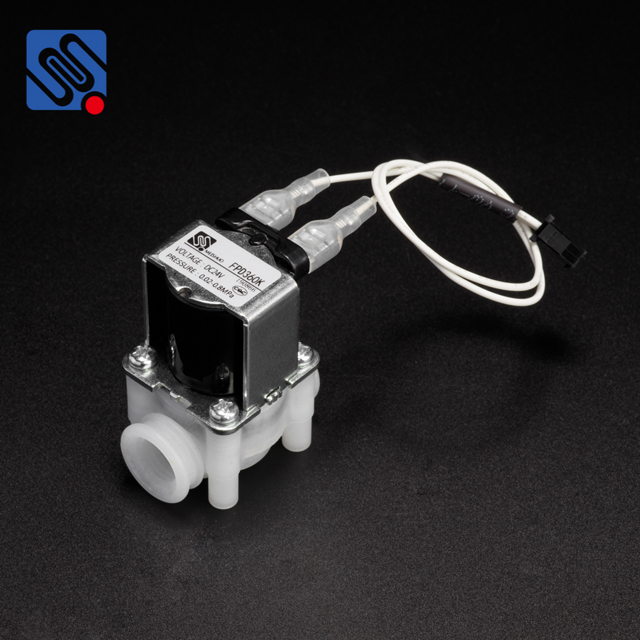water treatment system solenoid valve: the key to efficient water management
Release time:2025-10-21 11:46:20
Water treatment systems are crucial in ensuring clean, safe, and sustainable water for various applications. From municipal water supply to industrial processes, these systems rely on a range of components to regulate, filter, and treat water efficiently. Among these components, the Water Treatment System Solenoid Valve plays an essential role in managing the flow of water and maintaining system integrity. This article explores the importance, functionality, applications, and benefits of solenoid valves in water treatment systems.

What is a Water Treatment System Solenoid Valve? A solenoid valve is an electromechanical device that controls the flow of liquids or gases in a system by using a solenoid, which is a coil of wire that generates a magnetic field when an electric current passes through it. In water treatment systems, solenoid valves are used to regulate the flow of water, controlling processes such as filtration, softening, and disinfection. They function by opening or closing a valve based on the electrical signals sent to the solenoid, which either attracts or repels a metal plunger to allow or stop the water flow.

